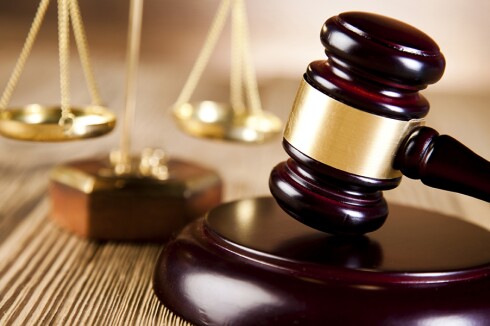ST. PAUL — Minnesota Gov. Tim Walz along with state lawmakers, energy industry leaders and utility workers on Tuesday, July 27, celebrated the passage of a proposal aimed at growing the state's Conservation Improvement Program.
The group held up the proposal as a "win-win-win" that would reduce greenhouse gas emissions in the state, reduce energy prices for consumers and create new jobs around the state. And they noted that it was a somewhat rare bipartisan agreement that was able to make it through the split Statehouse after years of deadlock.
“In a time when we’ve become really just numb to the fact that everything is fiercely partisan, this issue of job creation, saving Minnesotans money and reducing carbon emissions is a unified effort,” Walz said. "I t feels to me like the reality and the economics are kind of bringing us back together. This is a positive step.”
The so-called Energy Conservation and Optimization Act of 2021 passed through the Legislature before the end of the 2021 legislative session in May and the governor signed it into law. It will boost state programs aimed at conserving energy, decreasing carbon dioxide emissions and reducing the need for new utilities.
More low-income Minnesotans will become eligible for heating and cooling rebates for their homes under the plan and the state will require energy-efficient improvement plans for public schools.
ADVERTISEMENT
"It's a great step forward for us and up in rural Minnesota, we're glad to see this happen," East Central Energy President and CEO Justin Jahnz said.
MORE FROM THE CAPITOL:
-
Minnesota becomes first Midwestern state to adopt 'Clean Car' rule Consumers won't see a change to the electric and hybrid vehicle market overnight as new models will become available in Minnesota starting in 2024. -
Minnesota officials say COVID-19 still a public health disaster, press for continued SNAP benefits The commissioners issued the declaration in an effort to keep increased SNAP benefits flowing into Minnesota. -
Minnesota panel to weigh $250 million front-line worker pay plan The group will meet for the first time July 28 and needs to put forth a plan by early September.
Commerce Commissioner Grace Arnold said every dollar the state spent on energy conservation fueled a $3.75 return on investment. And the CIP program has created roughly 48,000 jobs over nine years, she said. Arnold, along with lawmakers who carried the bill, said the law represented a step in the right direction.
"I think we have vivid displays right now, this summer one of the hottest and driest summers of my life, following extreme weather events all year round, the polar vortex in the spring, of how important it is to give consumers the ability to conserve energy, both to save their pocketbook and to serve the planet," the bill's House author Rep. Zack Stephenson, D-Coon Rapids, said.
State Sen. Jason Rarick, R-Pine City, said the law would increase consumer choices, boost efficiency and move the state toward future energy advancements without "picking winners or losers."
Follow Dana Ferguson on Twitter @bydanaferguson , call 651-290-0707 or email dferguson@forumcomm.com









